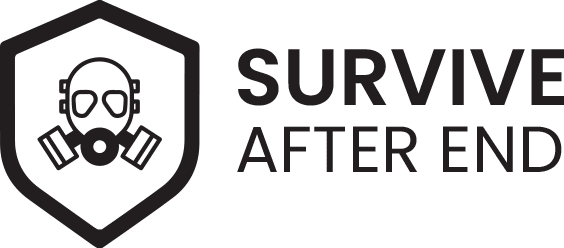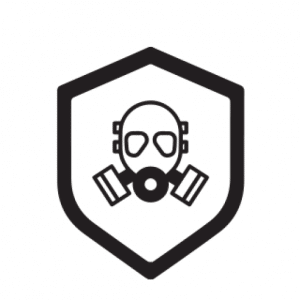Most people don’t think about first aid skills until they’ve been injured or their family member has been injured. It’s always better to be prepared.
You never know when you’ll be in an emergency situation, but if you can handle a few common first aid scenarios with ease, it could save a life.
Here are a few first aid principles and techniques you can learn.
Disclaimer:
All the information given in this article is for educational purposes and not intended to be a substitute for professional medical advice and/or care. Always seek the advice of your physician or other qualified health care provider for any questions you have regarding any medical condition. I will put links to all the resources I used in this article, but I’m not responsible for the contents of those sites.
What is First Aid?
First aid is the first and immediate assistance given to anyone suffering from either a minor or serious illness or injury before the doctor or professional medical assistance arrives.
Why Do You Need to Learn First Aid?
If you’re reading this, chances are you’ve already considered learning first aid.
Why? Well, it’s important to be prepared for whatever may come your way, and first aid is
one of the important skills to have in your life.
First aid is a basic level of medical care that can save lives and prevent injuries from happening in the first place, it provides an opportunity to help others when they are sick or injured.
The Main Objectives of First Aid
As a first aider, you need to think about the 3P’s, Preserve life, Prevent further injury, Promote recovery, (+ Alleviate Suffering).
Preserve life
Undeniably, the most important goal of first aid is to preserve life.
Preventing the patient/casualty from losing their life, reduces the risk of death.
Prevent further injury
Ensure that the casualty has not suffered any further injuries by treating them as soon as possible. Make sure they have a good supply of oxygen and are in a safe position.
Promote Recovery
Promote recovery as soon as the casualty has been treated, to keep them alive until they can be transported to the hospital or the emergency help arrives.
Alleviate Suffering
Minimize pain and disability to the casualty.
What is the Primary Survey?
The primary survey is a quick way to find out how to treat any life-threatening conditions a casualty may have in order of priority.
We can use D.R.A.B.C to do this.
D.R.A.B.C(Dr ABC) is the acronym for Danger, Response, Airway, Breathing, and Circulation.
Danger:
Checking danger for yourself from surrounding, because if you get injured, you can’t help the other, so make sure the area is safe before approaching the victim.
Response:
Check for the casualty response, are they alert for your voice and interaction.
As you approach them, ask them questions to see if you can get their response, gently tap on their shoulders, asking something like ‘What happened?’, ‘Can you hear me’.
At this point, if they are still unresponsive, you should always try asking for help from people nearby.
Airway:
Check if the casualty has an airway open, if it is closed, open it by placing one hand on the forehead to tilt the head back and use two fingers from the other hand to lift the chin.
Breathing:
Check if the casualty is breathing normally, Place your ear above their mouth, looking down their body. Listen for sounds of breathing and see if you can feel them, check if their chest moves.
Do this for 10 seconds.
Circulation:
If they are still unresponsive and not breathing, call for emergency help, or get someone to call it and start performing CPR.
If possible ask someone to find and bring a defibrillator (AED).
Common Injuries & Emergency Procedure
CPR (Cardiopulmonary Resuscitation)
Choking
Seizures
Burns and Scalds
Foreign Objects
Heart Conditions
Strokes


